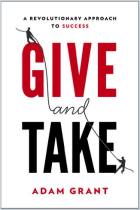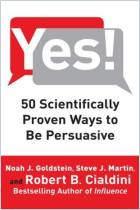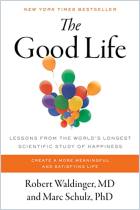
Recommendation
During the holiday season, many people stress out about choosing gifts for their nearest and dearest. Angela Haupt, an editor at Time magazine, has done some of the heavy lifting for you. Through interviews with experts in the field of gift-giving, she learned the most common mistakes people make when giving gifts, as well as the types of gifts that recipients enjoy most. Ultimately, the aim of giving gifts is to bring happiness to your loved ones. Insights from gift-giving research can help you achieve that, explains Haupt.
Summary
About the Author
Angela Haupt is a health and wellness editor at Time magazine. She focuses on happiness and “actionable ways to live well.”
Learners who read this summary also read
Book
Book
Book
Book


















Comment on this summary